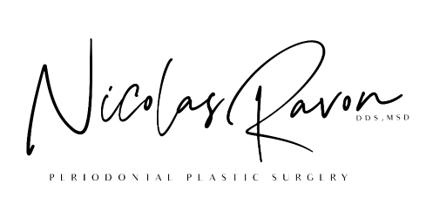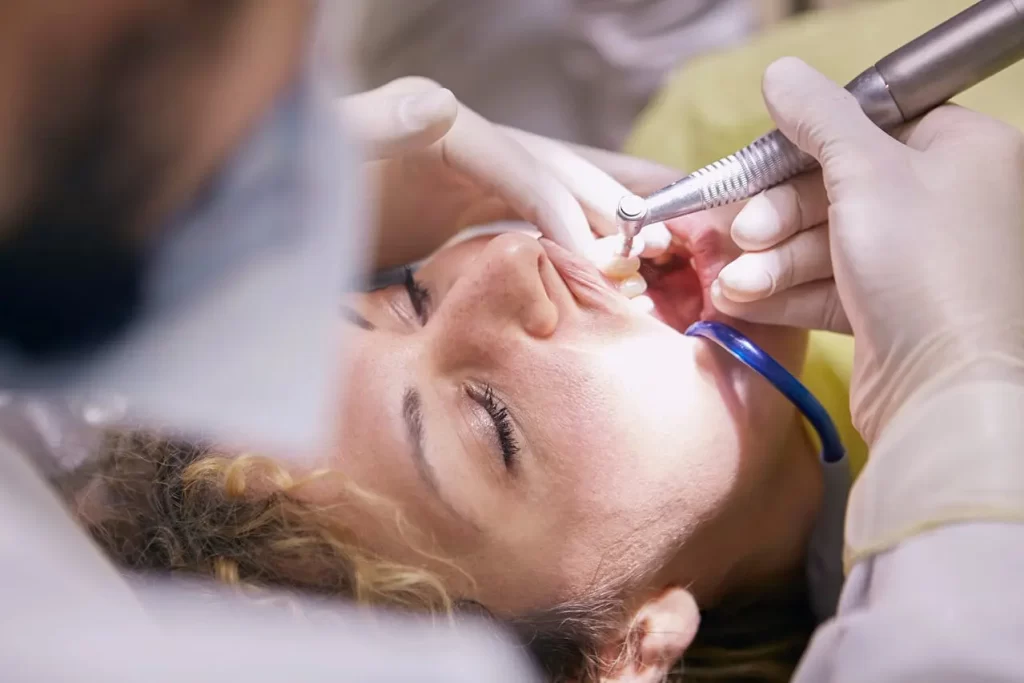Introduction
Periodontal disease is more common than many people realize, and its impact on overall health is significant. Maintaining good oral health is essential not just for a bright smile but for your overall well-being. In this article, we’ll dive into how periodontal treatments can help you maintain healthy gums and prevent serious health issues.
Understanding Periodontal Disease
Periodontal disease, also known as gum disease, is an infection of the tissues that hold your teeth in place. It’s typically caused by poor brushing and flossing habits that allow plaque—a sticky film of bacteria—to build up on the teeth and harden. There are two main stages of periodontal disease: gingivitis (mild) and periodontitis (severe).
Signs and Symptoms of Periodontal Disease
Early signs of periodontal disease include red, swollen gums that may bleed when you brush or floss. As the disease progresses, symptoms can include persistent bad breath, loose teeth, painful chewing, and receding gums. Recognizing these symptoms early can make a huge difference in treatment outcomes.
Importance of Early Detection
Catching the periodontal disease early can prevent irreversible damage. Early detection means treatment is more straightforward and less invasive, which can save you time, discomfort, and money. Untreated periodontal disease can lead to tooth loss and has been linked to other serious health problems like heart disease and diabetes.
Types of Periodontal Treatments
Non-Surgical Treatments
- Scaling and Root Planing: This deep-cleaning procedure involves removing plaque and tartar from below the gum line.
- Antibiotic Treatments: Sometimes, antibiotics are used to control bacterial infection.
Surgical Treatments
- Flap Surgery: This procedure involves lifting the gums back to remove tartar and then suturing the gums back in place.
- Bone and Tissue Grafts: These are used to regenerate bone or gum tissue that has been destroyed by periodontitis.
How Non-Surgical Treatments Help
Non-surgical treatments like scaling and root planing are often the first line of defense against periodontal disease. These treatments can significantly reduce the bacteria and inflammation in your gums, helping to restore their health without the need for surgery.
Surgical Treatments
Surgical treatments are typically reserved for advanced cases of periodontal disease where non-surgical methods are insufficient. Flap surgery and grafts can help restore supportive structures around the teeth, preserving your oral health.
Recovery and Aftercare
Post-treatment care is crucial for the success of periodontal treatments. This includes maintaining excellent oral hygiene, using prescribed mouth rinses or medications, and attending follow-up appointments to monitor healing.
Innovations in Periodontal Treatment
Advancements in periodontal treatment include the use of lasers for less invasive procedures, as well as new materials for grafts and other surgical interventions. These innovations can improve outcomes and reduce recovery times.
Periodontal Treatments and Overall Health
There’s a strong link between periodontal health and overall health. Poor gum health has been connected to systemic conditions such as heart disease, diabetes, and respiratory disease. Keeping your gums healthy can help you maintain better overall health.
Preventing Periodontal Disease
Preventing periodontal disease starts with good oral hygiene practices: brushing at least twice a day, flossing daily, and using mouthwash. Regular dental check-ups are also essential for catching any issues early.
Diet and Lifestyle for Healthy Gums
Eating a balanced diet rich in vitamins and minerals can promote gum health. Foods high in vitamin C, omega-3 fatty acids, and antioxidants are particularly beneficial. Avoiding smoking and limiting sugary foods can also help keep your gums healthy.
Role of the Dental Professional
Regular visits to your dentist and dental hygienist are vital for maintaining healthy gums. Professional cleanings can remove tartar that brushing and flossing can’t, and your dental team can provide personalized advice for your oral care routine.
Cost of Periodontal Treatments
The cost of periodontal treatments can vary widely based on the severity of the disease and the type of treatment required. Non-surgical treatments tend to be less expensive than surgical ones. Many dental insurance plans cover a portion of periodontal treatment costs, and financing options are often available.
Conclusion
Periodontal treatments play a critical role in maintaining not just your oral health, but your overall health as well. By understanding the importance of early detection, the types of treatments available, and the connection between gum health and overall health, you can take proactive steps to ensure your gums stay healthy.
FAQs
What is periodontal disease? Periodontal disease is an infection of the tissues that hold your teeth in place, caused by plaque build-up.
How can I prevent periodontal disease? Maintain good oral hygiene by brushing and flossing daily, and visit your dentist regularly for check-ups and cleanings.
Are periodontal treatments painful? Non-surgical treatments are usually painless, but surgical treatments may require local anesthesia and some post-operative discomfort.
How often should I get periodontal treatments? Your dentist will recommend a treatment schedule based on the severity of your condition, but regular check-ups every six months are generally advised.
Can periodontal disease affect my overall health? Yes, periodontal disease has been linked to several systemic health issues, including heart disease, diabetes, and respiratory disease.


